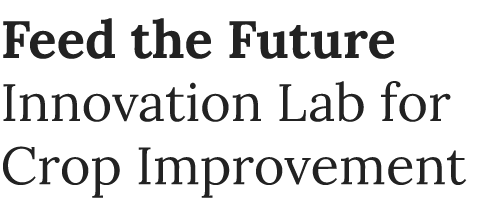Technological breakthroughs — from disease-resistant seed to agricultural software — are key to ensuring global food security, and many of those breakthroughs are made possible by federal grant funding.
For the U.S. Agency for International Development (USAID), which, among other things, seeks to combat hunger and strengthen food security in low- and middle-income countries, creating a legal and policy environment in which those breakthroughs can achieve maximal public benefit is a critical need. To achieve that goal, USAID’s Bureau for Resilience and Food Security has tapped Ed Mabaya and Katrin Kuhlmann to lead research on a 16 month, $250,000 project to advise the Bureau, Feed the Future partners, and the broader international development community on management of intellectual property.
Mabaya is research professor of global development at Cornell University’s College of Agriculture and Life Sciences. Kuhlmann is president and founder of the New Markets Lab (NML), a non-profit legal and regulatory innovation lab with extensive experience working on agricultural law and regulation, and is also professor of international law at Georgetown University Law Center. The project is led through the Feed the Future Innovation Lab for Crop Improvement (ILCI) based at Cornell.
“There are numerous innovations, including high performing improved crop varieties, that can vastly improve food and nutritional security for billions of people especially in low- and middle-income countries,” Mabaya said. “Unfortunately, many such technologies never get to the targeted users in part due to complex intellectual property rights.”
The study will support the transfer of scientific products for more efficient adoption through the network of Feed the Future Innovation Labs and their national agricultural research institute (NARI) partners in local communities.
The 1980 Bayh-Dole Act established a government-wide policy allowing universities, small businesses and non-profit organizations the right to seek patents on inventions they discovered using federal funding. Congressional leaders believed that giving grant awardees ownership of these patents would be the most effective means to further discoveries and maintain national competitiveness, and, since 1980, the percentage of U.S. patents that have stemmed directly from federally funded research has grown from 10% to almost one-third.
However, Bayh-Dole also included a variety of accountability safeguards, meant to ensure that patented research would be made available to the public within a reasonable timeframe and that the government could retain some rights to the intellectual work it funds. As a result, federal agencies and grant awardees have interpreted the Act differently, creating a variety of requirements and practices around technology patenting and commercialization.
In the low-income countries in which USAID operates, patenting and commercialization costs – and the low economic return on investments in new technologies – pose a unique challenge for universities’ ability to deploy federally funded technologies.
“The intellectual property challenges in developing economies are often different than in developed markets, calling for a greater understanding of comparative approaches and innovations in order to ensure the dissemination of technology,” Kuhlmann said.
The project will center on understanding how the policies and practices in use by USAID awardee institutions either constrain or enable technology transfer. Mabaya and Kuhlmann will also survey other U.S. government agencies, including the U.S. Department of Agriculture, the Department of Energy, and the Commerce Department, to assess their approaches to intellectual property concerns.
Ultimately, Mabaya, Kuhlmann, and the NML team hope to develop a coherent, consistent and logical set of recommended standards for the Bureau for Resilience and Food Security and its grant awardees. The Bureau also leads coordination of the Feed the Future initiative, and will apply the learnings from this study to further reduce hunger, poverty and malnutrition worldwide.



